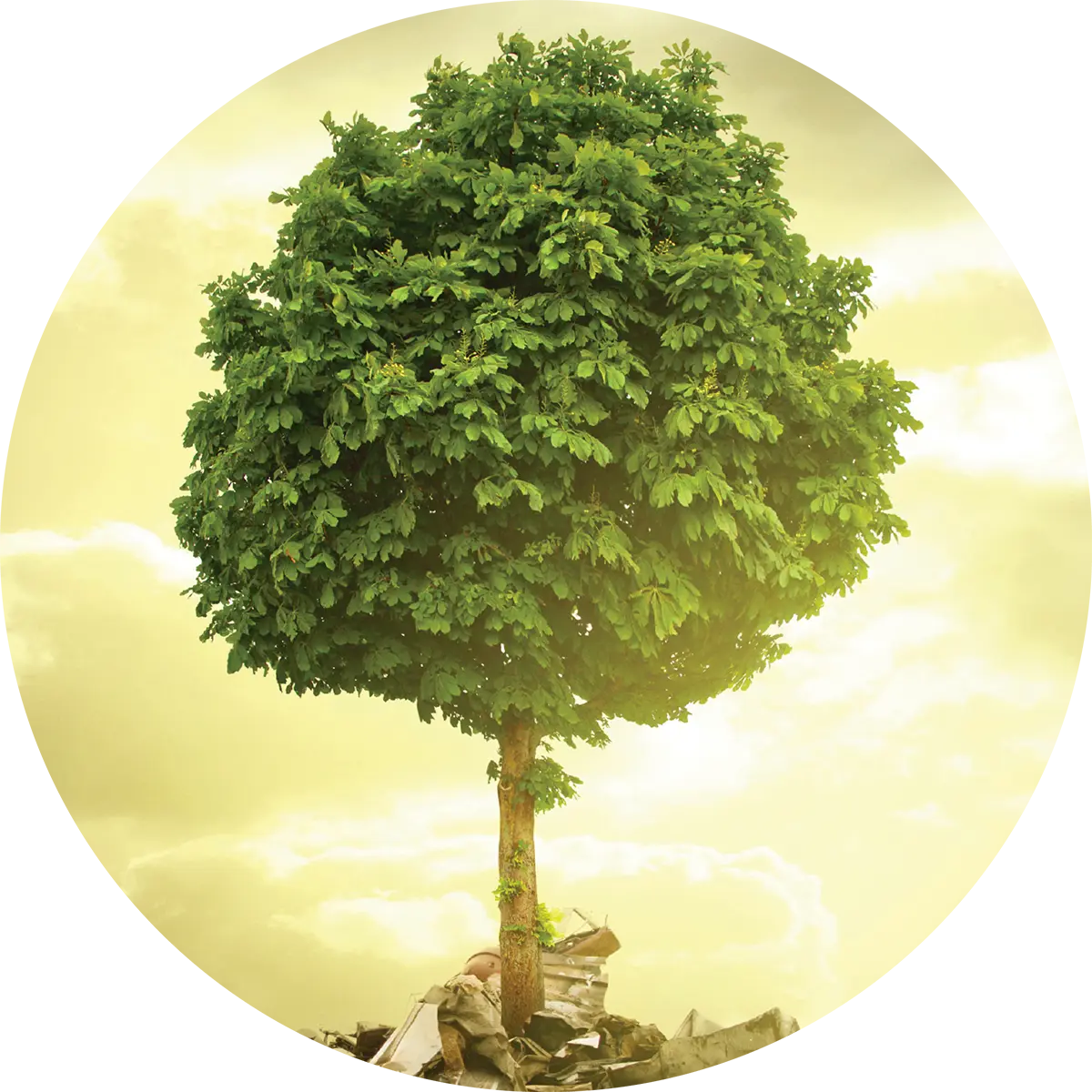ave you ever seen someone who by all measures would be fully within their rights to melt down under the weight of the pressures they were facing, but instead this person thrived in front of your very eyes? What you just saw was surthrival. Surthrival is the ability to thrive in an environment so challenging that most people would say simply surviving would be a major accomplishment.
As a leadership and organizational coach, I have the great honor of walking beside my clients as they navigate their roles, relationships, careers, and lives. I get to be close enough to them to empathize with their successes and failures but retain enough distance to see them in a broader light. During the COVID-19 pandemic and in its aftermath, I’ve noticed that some of my clients seem to have a particular knack for surthriving. Perhaps their ability to surthrive is natural, but I’ve noted a common set of seven skills and behaviors my surthrivalists shared. If common behaviors associated with a given outcome provide an opportunity, then suthrivalism can be learned. Yes, some may be better at it than others, but anyone willing to invest in these seven behaviors should see their potential for surthrival increase. Intrigued? I hope so, because here they are.
Surthrival leaders are:

Patrick Lencioni writes, “Trust lies at the heart of a great team, and a leader must set the stage for that trust by being genuinely vulnerable with his or her team members.” We can’t be genuinely vulnerable for our teams unless we’re emotionally present. Surthrival leaders I’ve worked with find a way even in challenging times to maintain emotional presence for their teams, an accomplishment which requires significant balance. You must regulate your own emotions while maintaining your empathetic availability to others. That’s a hard thing to do under stressful and changing conditions, but one that’s essential for maintaining trust and psychological safety. For great examples of emotional presence in action, listen to Franklin Delano Roosevelt’s fireside chats from the Great Depression and World War II, Churchill’s speeches during the London Blitz, or Angela Merkel’s New Year’s Eve 2020/2021 speech to the German people during the pandemic.
